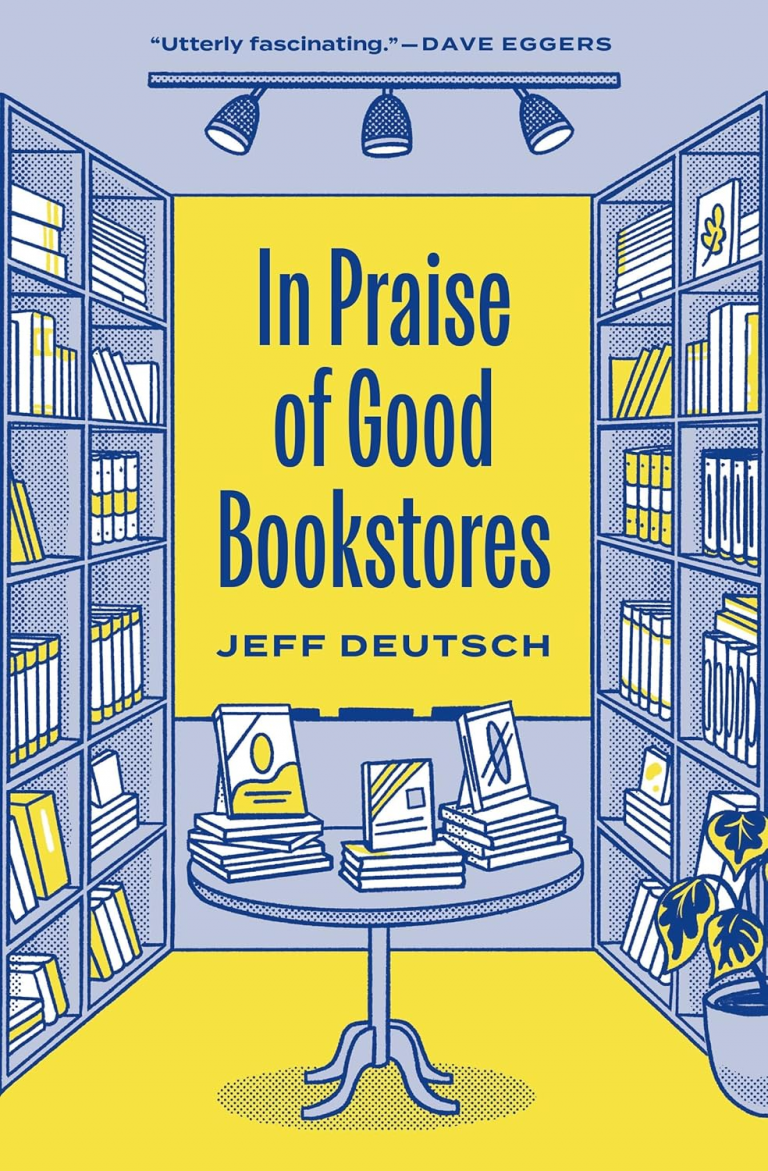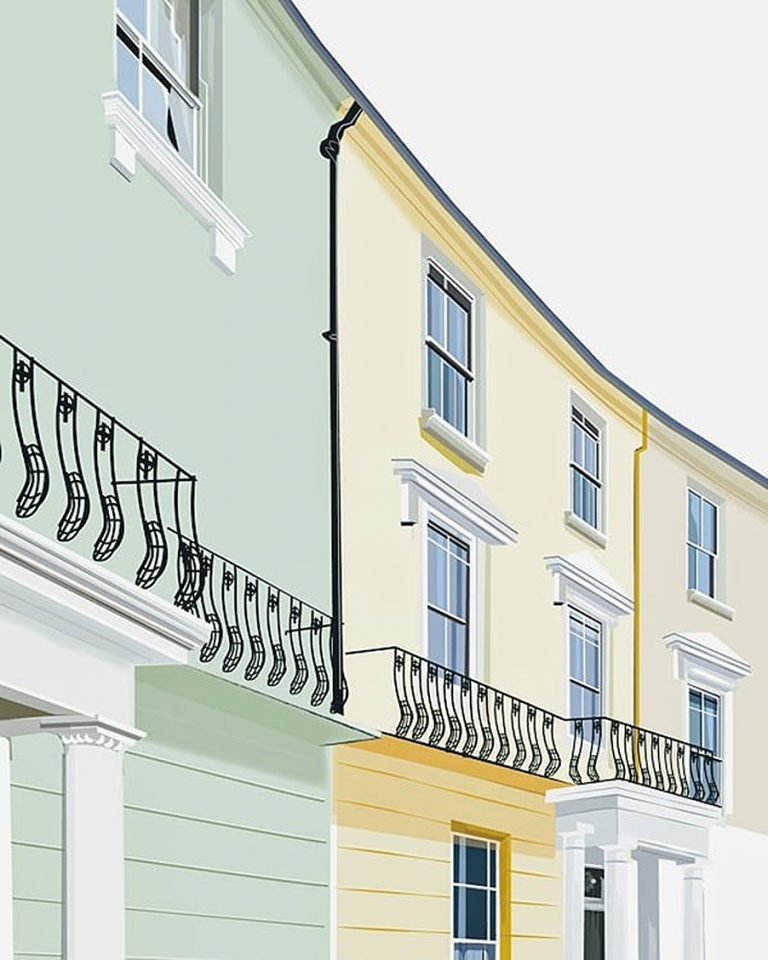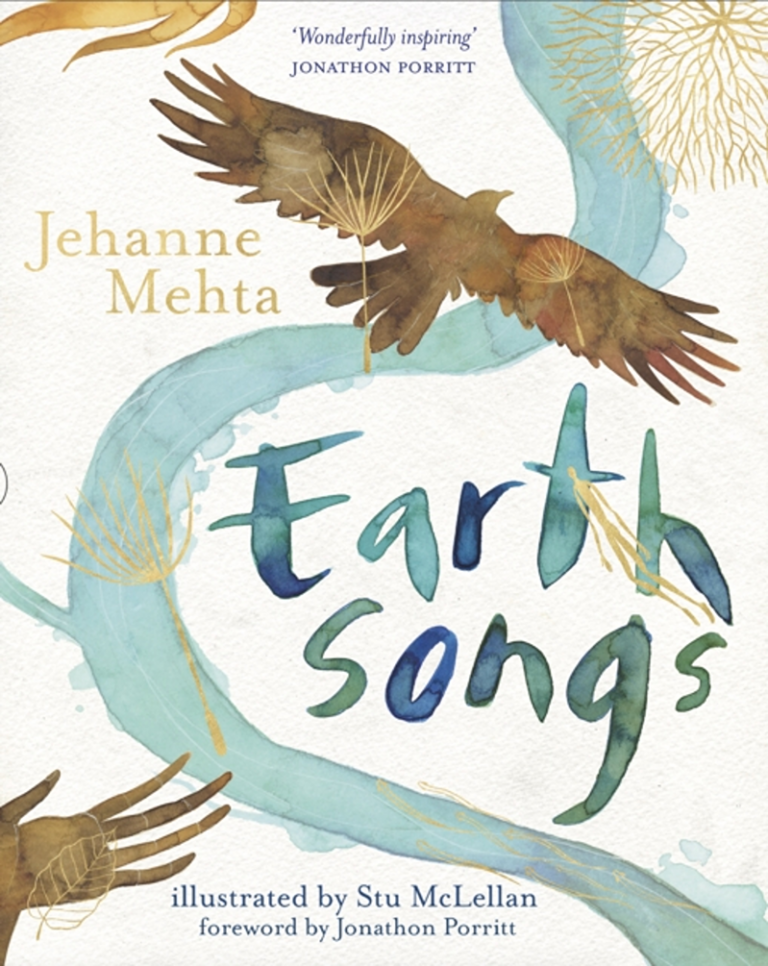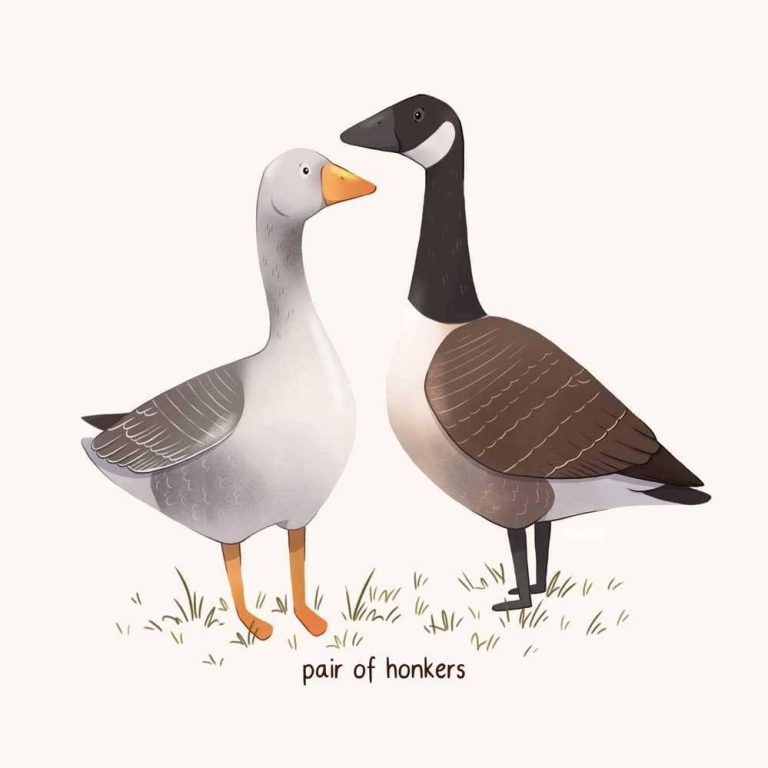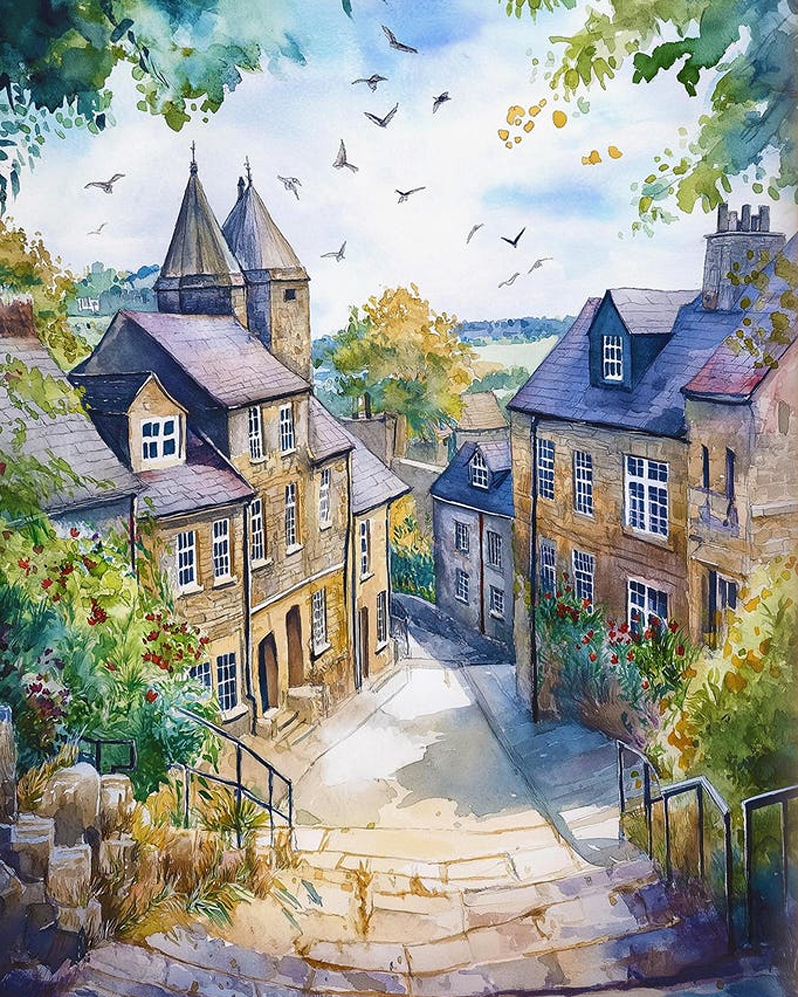
Lancaster is a small city in North West England that carries a lot of history in its streets and buildings. Known for its riverside views, it’s a place where the past blends easily with everyday life.
If walking in nature, always follow the Countryside Code, to keep dogs and barnyard friends safe. If visiting the nearby coast, read our post on keeping dogs safe by the seaside. Morecambe Bay is renowned for quicksand, read our post on keeping safe near sinking mud.
A City by the River Lune
Lancaster’s identity is tied closely to the River Lune, which threads through the city and gives life to its streets and communities. The river isn’t just a backdrop; it’s part of daily life and has shaped the character of this city for centuries.
Its gentle flow connects Lancaster to the sea, nature, and a rich history you can still see in the buildings and culture around town.
Life Along the River
Living by the River Lune means enjoying a pace that feels a little slower, a little calmer. People take walks along the quayside, meet up at riverside cafés, or simply sit on benches to watch the water glide by. The green spaces near the river buzz with activity, a local meeting spot, especially when the sun is out.
The river brings a fresh, natural vibe to the city centre. Outdoor markets sometimes pop up here, and events along the water draw both locals and visitors. It’s a place where nature and community mingle, giving Lancaster a friendly, approachable feel.
Connecting to Morecambe Bay
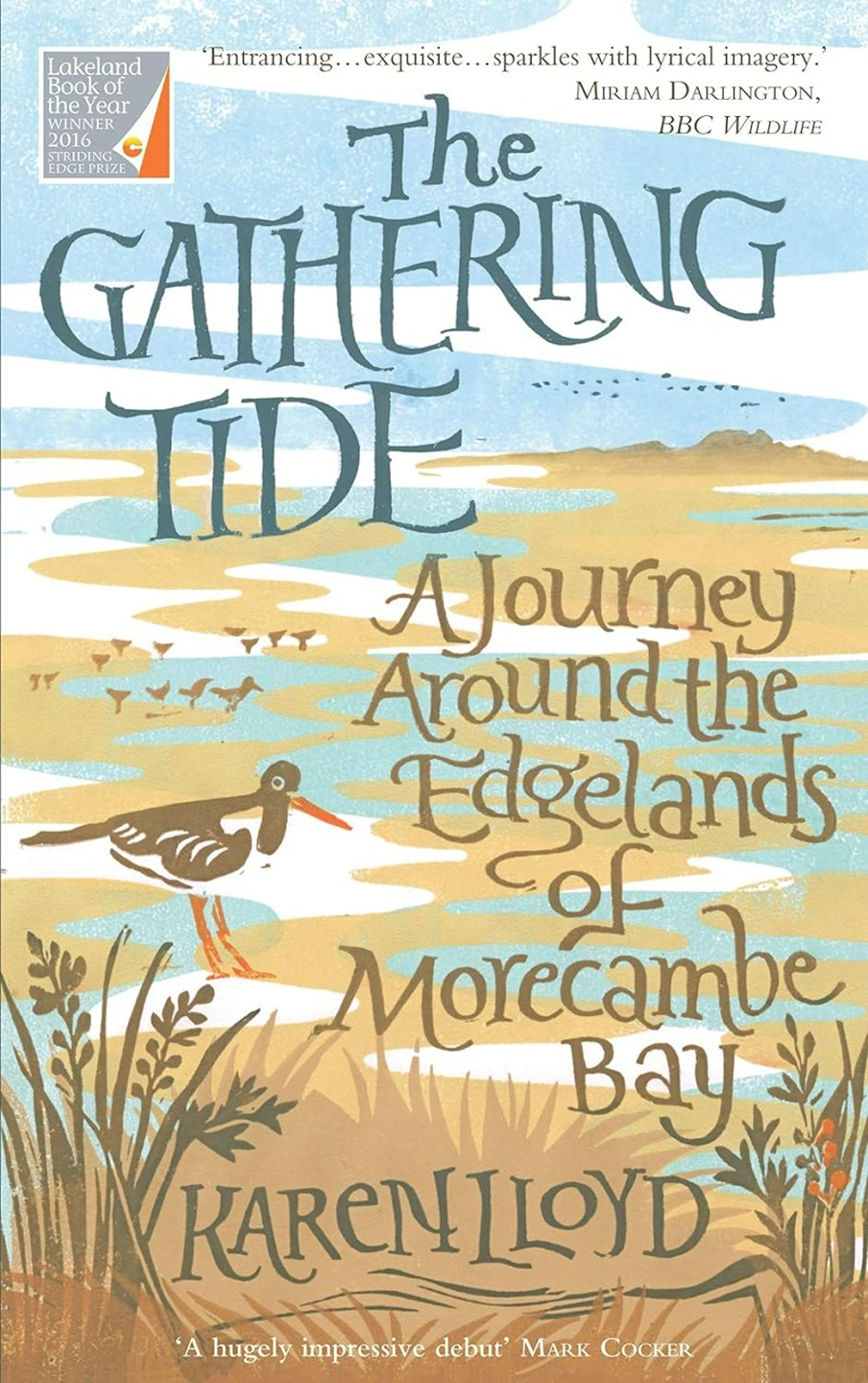
The River Lune flows out towards Morecambe Bay, a broad expanse of water known for its shifting sands and wildlife. This connection ties Lancaster not only to the city’s urban life but to a wider natural world. The bay’s unique environment offers plenty of opportunities for walking, birdwatching, and enjoying open spaces.
Nearby woodlands, marshes, and countryside meet the river in a way that feels welcoming, even inside city limits. This mix of town and natural landscape makes Lancaster stand out from other places. It’s a city where you can step from riverside streets straight into peaceful outdoor spots without hassle.
In Lancaster, the River Lune is more than water running through the city. It’s a part of the rhythm of everyday life, a link to the past, and a gateway to the great outdoors.
The Duchy of Lancaster
Whatever your views on the monarchy, the oft-quoted line that ‘the money they receive from government comes back from tourism’ is true. But the King and Prince William both also receive vast amounts of money from private estates: William from the Duchy of Cornwall and the King from the Duchy of Lancaster.
Both were set up to provide a private income for the King and next monarch, and although they pay voluntary income tax, they don’t pay corporation tax, which means millions in private income goes to both.
The annual income at present is around £24 million. And has at times led to controversy. In 2024, a report by the Sunday Times and channel 4’s Dispatches found that the royal family promises from a lease that charges NHS Foundation Trust to rent a central London warehouse, leading to calls for both royal duchies to pay corporation tax, at a time when the NHS is struggling financially.
The Duchy of Lancaster (which is made up of over 18,000 hectares of rural land in northern England and the Midlands) is now valued at £652 million. Prince William automatically became a billionaire when the Duchy of Cornwall estate transferred to him when the Queen died, bringing an income of around £20 million annually.
It is also believed that a considerable amount of private income from the Duchy of Lancaster, was used to pay off Virginia Giuffre, the woman who accused Prince Andrew a few years back, and led to the furore around his HRH status.
The royal family always say that as private income, it’s nobody else’s business. But of course the public perception of a billionaire family making money by renting property to the NHS is not sustainable, in an age of many people going without.
We have the most expensive monarchy in Europe in terms of state support. No inheritance tax is paid. The Duchies of Cornwall and Leicester are not private enough to pay corporation tax or capital gains tax. Even income tax is only paid voluntarily. Former Lib Dem MP Norman Baker
The King has a personal fortune of £610 million. The King and Prince of Wales are exempt from corporation tax, Capital Gains Tax and Inheritance Tax. They pay income tax voluntarily, but are not legally obliged to, despite being among the wealthiest people in the country. This costs the country millions in lost revenue, at a time when NHS waiting lists are surging, and other public services need extra resources. Tax Justice
Lancaster’s People and Character
The heartbeat of Lancaster lies in its people and the unique character they bring to the city. More than a collection of historic buildings and riverside views, Lancaster’s true charm comes from the locals, their traditions, and the stories that fill the everyday scenes. From schoolyards to pubs, the city exudes a warm and friendly spirit that’s hard to miss.
Schools and Education
Education plays a big role in shaping Lancaster’s community. There are several local schools serving the city and surrounding areas, each with its own close-knit atmosphere. Parents often talk about how these schools foster not only learning but a sense of belonging. Small class sizes and enthusiastic teachers help make schools feel more personal and less like overwhelming institutions.
The University of Lancaster adds another layer to the city’s character. It attracts students from across the UK and further afield, bringing fresh energy to the city year-round. The university campus itself sits just outside the city centre but its presence is felt in cafés, shops, and cultural events throughout Lancaster. Students mingle with locals, sharing ideas and mixing university life with small-city warmth.
Local Traditions and Community Life
Lancaster proudly keeps many traditions alive, and these bring people together in a real, hands-on way. Events like the Lancaster Music Festival, community markets, and seasonal fairs aren’t just about entertainment; they show a connection between generations. You’ll often find families who’ve been attending some of these events for years, passing the enjoyment on like a family heirloom.
The city’s friendly vibe also shows in the local pubs and community centres. These spots aren’t just places to grab a drink but social hubs where people swap stories, support local causes, and enjoy live music. It’s the kind of atmosphere where strangers quickly become familiar faces over a pint or two.
A Well-Loved Local Personality

Everybody loved Jim Bowen, who presented the popular teatime darts show Bullseye. Although born in Cheshire (he was adopted from an orphanage), he grew up in Lancashire. After failing nearly all his O-levels, he worked a dustman, before going back to college and university, and ending up as a deputy headteacher at a Lancaster school. Then of course he went onto become a comedian and TV host.
This simple game show (where friends or couples answered trivia questions and threw darts at a board to win pointless prizes like speedboats), was so warm and funny, that at one time it had over 15 million viewers (more than the soap operas). The contestants had such a fun time, they never seem bothered, when Jim often told the losing team: ‘Look at what you could have won!’
He spent the rest of his life with his wife in Lancaster, living in a local village and once event owned the privately-converted railway station at Arkholme for Kirkby Lonsdale, on the Leeds-Morecambe Line.
Conclusion
Lancaster offers a rare mix of history, natural beauty, and a welcoming local vibe that feels genuine at every turn. The city’s riverside setting brings calm and colour, while its stories—both bright and difficult—give depth to everyday life here. Its people, traditions, and lively community make it a place where you can feel at home quickly.
Visiting or living in Lancaster means stepping into a place that honours its past but still has plenty of life and warmth today. It’s worth seeing for yourself to appreciate how this city balances its heritage with a relaxed, friendly spirit. Thank you for exploring Lancaster’s layers—you’ll find it stays with you long after you leave.

